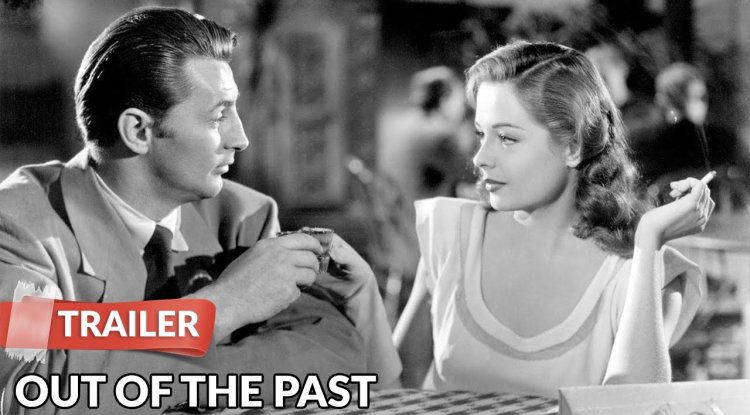Disobedience (2017)
"Disobedience," directed by Sebastián Lelio, is a powerful and thought-provoking film that delves into the complexities of identity, love, and tradition. Based on the novel by Naomi Alderman, the film follows the story of Ronit, a woman who returns to her Orthodox Jewish community in London after the death of her father. As Ronit reunites with her childhood friend Esti, their forbidden love is reignited, challenging the deeply ingrained beliefs and societal expectations of their community. In this article, we will explore the profound themes, nuanced performances, and sensitive storytelling that make "Disobedience" a compelling and memorable cinematic experience.

Unveiling Hidden Desires: The Conflict of Identity
At the core of "Disobedience" lies the conflict between individual identity and societal expectations. The film explores the struggles faced by Ronit and Esti as they confront their hidden desires and grapple with their Orthodox Jewish upbringing. It delves into the tension between personal autonomy and the strict adherence to tradition, offering a poignant examination of the inner conflicts and sacrifices required when one's true self clashes with societal norms. Through their complex and compelling journeys, "Disobedience" prompts viewers to reflect on the complexities of identity and the courage it takes to defy societal expectations.
Forbidden Love: Breaking Barriers and Confronting Prejudice
The forbidden love between Ronit and Esti serves as the central narrative thread of "Disobedience." Their rekindled romance challenges the deeply ingrained beliefs and religious teachings of their Orthodox Jewish community, forcing them to confront not only their own desires but also the prejudices and judgments of those around them. The film explores the price one must pay for love that defies societal conventions, as well as the power dynamics and complexities inherent in such relationships. By shedding light on the struggles faced by Ronit and Esti, "Disobedience" shines a spotlight on the universal theme of love's ability to transcend societal boundaries.
Nuanced Performances: Rachel Weisz and Rachel McAdams
The performances of Rachel Weisz and Rachel McAdams as Ronit and Esti, respectively, are nothing short of extraordinary. Weisz brings a captivating blend of vulnerability and strength to her portrayal of Ronit, conveying the emotional weight of her character's journey with remarkable nuance. McAdams, on the other hand, delivers a subtle and deeply affecting performance as Esti, capturing the inner turmoil and quiet rebellion simmering beneath her character's surface. The chemistry between Weisz and McAdams is palpable, adding depth and authenticity to their forbidden love story. Their performances anchor the film and bring to life the emotional complexities of their characters.
Traditions and Identity: Confronting Cultural Expectations
"Disobedience" tackles the clash between individual desires and cultural expectations within the Orthodox Jewish community. The film examines the weight of tradition and the societal pressures to conform, highlighting the sacrifices individuals must make to fit within the predetermined roles assigned to them. It raises questions about the role of religion in shaping personal identity and the struggle to find a balance between honoring one's cultural heritage and living authentically. By portraying the tensions inherent in the intersection of tradition and individuality, "Disobedience" invites viewers to contemplate the complexities of navigating cultural expectations while staying true to oneself.
Sensitivity and Authenticity: Cultural Representation
Sebastián Lelio approaches the cultural representation in "Disobedience" with sensitivity and authenticity. The film provides a rare glimpse into the Orthodox Jewish community, shedding light on its customs, rituals, and deeply ingrained values. While it examines the limitations imposed by tradition, it also depicts moments of warmth, community, and connection. By presenting a multi-dimensional portrayal of the community, the film challenges stereotypes and fosters a deeper understanding of the complexities and diversity within religious communities.
Also Check Delicious: Chicken salad with sesame!
Conclusion
"Disobedience" is a compelling and emotionally charged film that tackles themes of identity, love, and tradition with sensitivity and nuance. Through its exploration of forbidden love, cultural expectations, and the conflicts between personal desires and societal norms, the film offers a thought-provoking cinematic experience. With outstanding performances and a profound narrative, "Disobedience" challenges viewers to question the boundaries that define us and the courage it takes to live authentically.




























